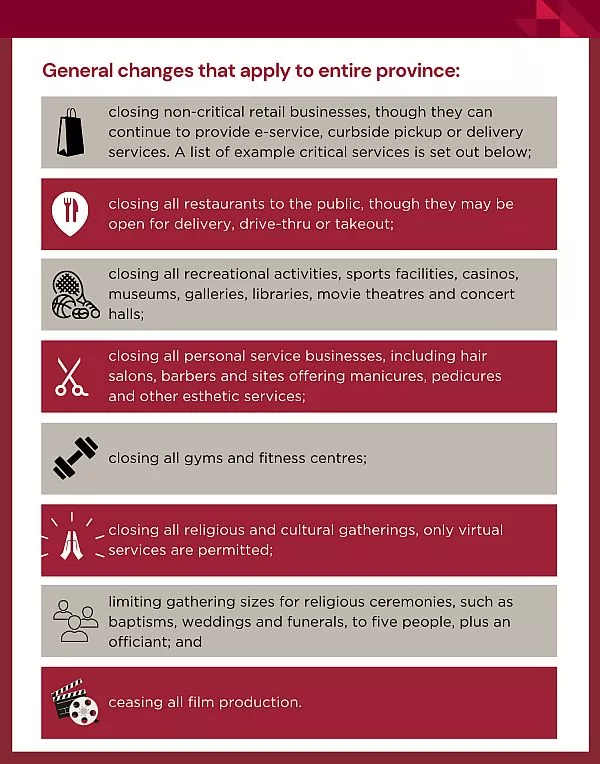Tighter air pollution restrictions affecting a wide range of Cantabrians have been put out by ECan, which has a 1 May deadline for submissions opposing or wanting changes the new rules. The new rules apply to all air pollutants, including dust, smoke and odour and will affect everyone from farmers, restaurant operators and home owners to manufacturers, the construction industry, aggregate extractors and food processers. This will happen through the proposed Canterbury Air Regional Plan (pCARP), which will replace Chapter 3 of the Natural Resources Regional Plan. Examples of changes are:
Odour
Simply avoiding objectionable or offensive odours will no longer be good enough, but general odour management will become compulsory. New requirements for resource consents and compulsory odour management plans are included.
Dust
New rules will control dust coming from the full range of sources, covering new builds, demolition and clean fill sites, subdivisions under development, vehicles driving on unsealed roads, ports and quarries. They set higher standards for dust management and impose new resource consent and dust management plan requirements.
Industrial Scale Discharges
The pCARP deals with the largest producers of air pollution by not only encouraging location away from sensitive areas or activities, but by requiring them to stick to air quality guidelines and industry best practice standards, including the use of new, cleaner technology.
Wood burners
The new rules also clamp down on wood burners through further banning open fires and even low-emission burners in some areas, compulsory maintenance record keeping for wood fires and, by 2019, making the installation of anything other than ultra-low emitting burner illegal across the whole Region.
Farm and outdoor burning
The pCARP tackles smoke from burn-offs (like crop stubble) and other vegetation fires by imposing new restrictions on how, where and when it can happen, triggering more requirements for resource consents and smoke management plans in many situations.
The content of this article is intended to provide a general guide to the subject matter. Specialist advice should be sought about your specific circumstances.

